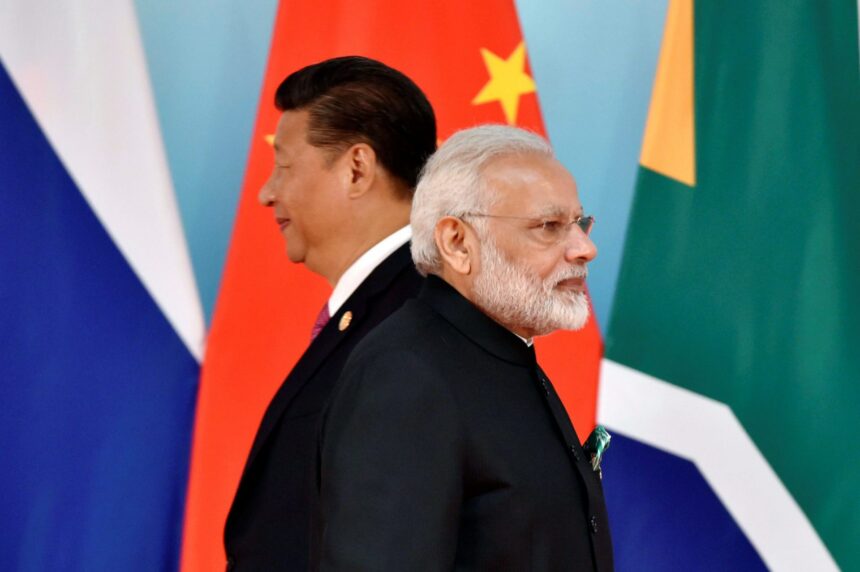In an undoubtedly positive development for the alliance, India and China reached a landmark agreement at the recent BRICS meeting. Specifically, both Chinese Foreign Minister Wang Yi and Indian National Security Advisor Ajit Doval signed a major pact on cooperation and non-interference.
Despite being members of the BRICS, the relationship between the two countries has been rather confrontational. Over the past two years, the economic alliance has boomed and the relationship has come under scrutiny. Now, just weeks before the highly anticipated BRICS summit in 2024, the two countries have announced a major agreement.
BRICS nations see important India-China deal coming
The BRICS alliance has grown significantly over the past two years, making a strong push for dedollarization, influencing global change, and undertaking its first expansion effort since 2001, welcoming the United Arab Emirates (UAE), Egypt, Iran, and Ethiopia into the alliance.
Even during this period of tremendous growth, concerns remain about the alliance’s cooperation, but they are primarily directed at two countries: India and China, both of which have border disputes. The Sino-Indian border dispute is an aspect of the bilateral relationship and also a key focus for the outside world to see what the community’s next move will be.
However, on Friday, both sides took a major step forward regarding these concerns. In fact, India and China reached a landmark agreement at the recent BRICS meeting. Specifically, officials from both sides agreed to improve bilateral relations. The focus of the agreement is on stabilizing cooperation for the long-term benefit of both countries.
The report said the two sides agreed to “implement the issues agreed upon by the two leaders, deepen mutual understanding and maintain continuous communication” to improve bilateral relations. They also announced their continued efforts toward unity and cooperation “instead of confrontation.”
A key aspect of the agreement is the progress of the withdrawal, which is crucial to easing the tensions facing both sides. If both sides can implement this agreement, the whole group could be better off.
India, in a press release, noted that the two sides added the need to work “urgently” to achieve complete disengagement from the tension areas in eastern Ladakh. The two countries have been in a border standoff since 2020, but that may soon be coming to an end.









